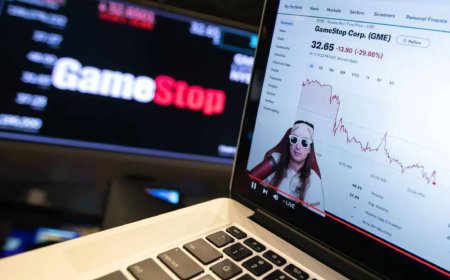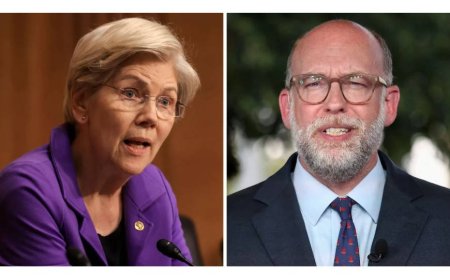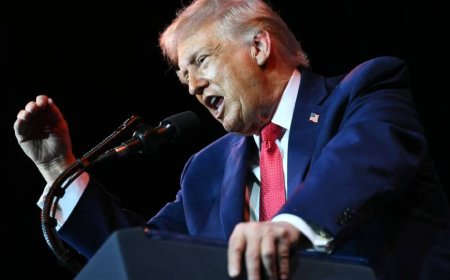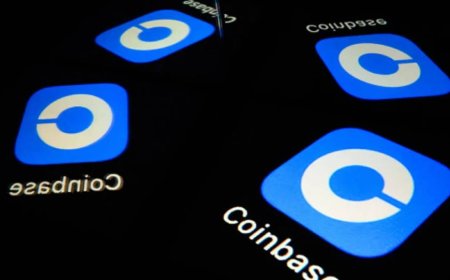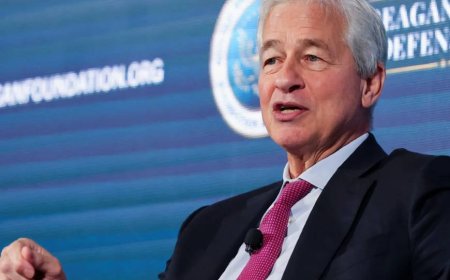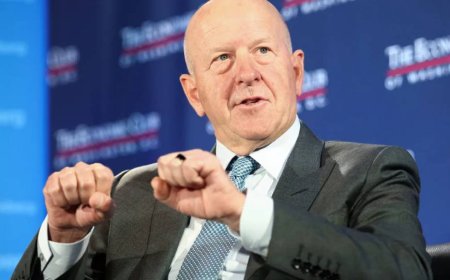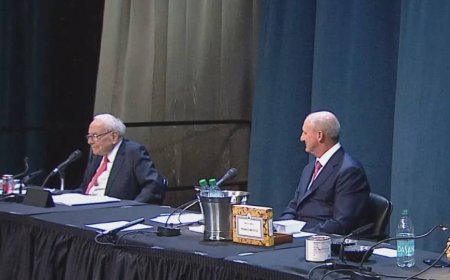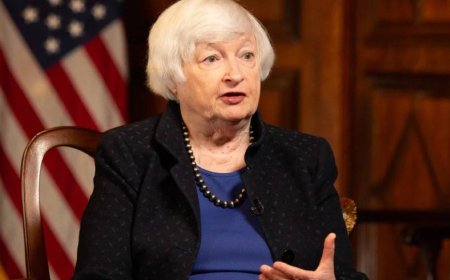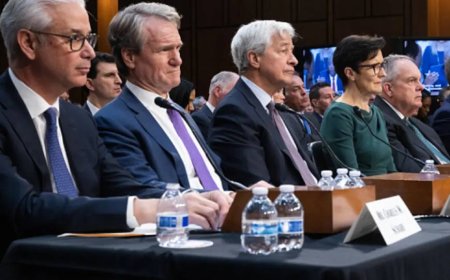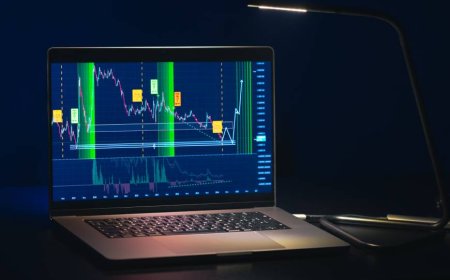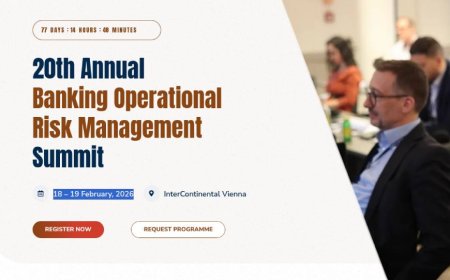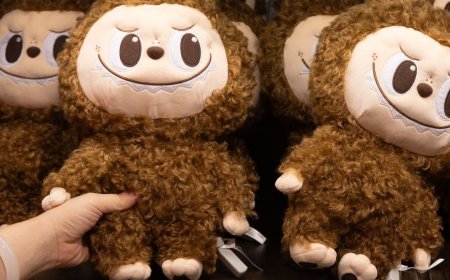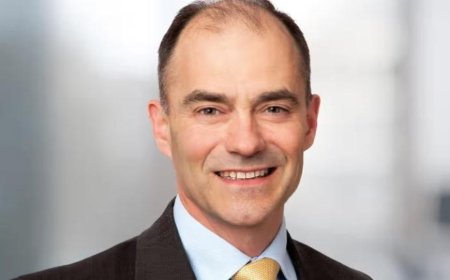‘I was a multimillionaire, I had a beautiful girlfriend, I was unhappy’: the ups and downs of a supertrader
Gary Stevenson grew up poor, got rich in the City – then found himself wrestling with depression. Now he says he’s the only person on the left who really understands the British economy – and the people who wield the power
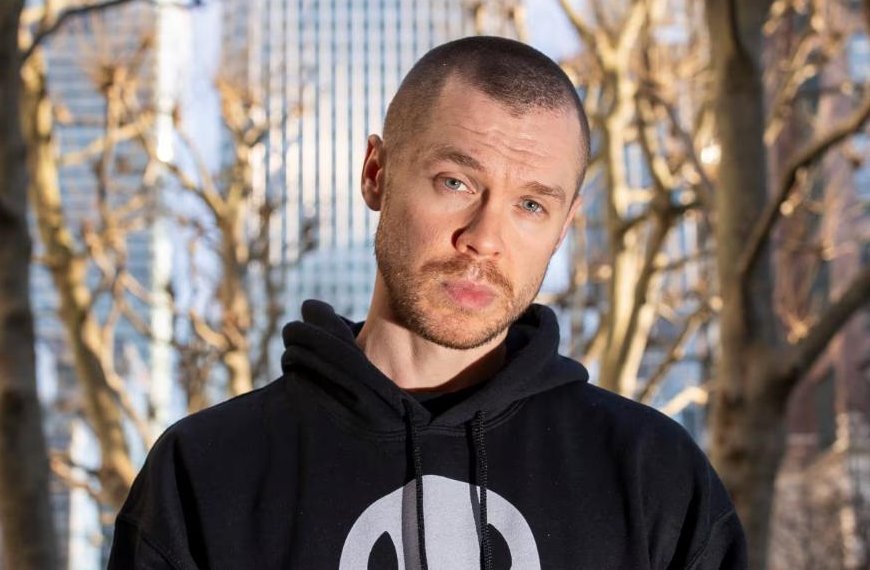
I’ve interviewed Gary Stevenson three times. First in 2020 about global finance being screwed with a capital “S”; again in 2022 about the cost of living crisis; and then last year when he published The Trading Game, his compelling memoir about life as a trader at Citibank. Now I’m meeting him for the first time in the flesh, ahead of the book’s appearance in paperback, and we’re talking about yet another crisis.
“Have you seen the news?” is the first thing he asks, presenting it like a challenge even before he says “hello”. I rack my brain distressingly slowly, like a librarian using a card index for the very first time, thinking: which bit of the news? LA is on fire; Gaza is on fire; Ukraine is on fire; a bunch of Teslas are on fire. Seriously, we’ve all seen a lot of news.
“Traders are about to bring down the government,” he says.
Oh, that news. “They’re selling the bonds,” Stevenson reminds me. “Not with the same speed as with Truss, but they’re selling them. Interest rates are at 4.9% this morning. In my opinion, and the opinion of most unbiased economists, the government can’t afford to fund itself at 4.9%.”
There are fundamentals here that I’m embarrassed to admit I don’t really get. Part of the appeal of Stevenson – who, despite being 38, reminds me of a young Mike Skinner, with his hoodie, trainers, buzz cut and intensity leavened with insistent humour – is that he doesn’t mind. He doesn’t really think anybody gets it except him. “Nobody on the whole fucking left understands what’s happening on the financial markets except me,” he says. “I’m on all these left-wing WhatsApp groups, I’ve had spads messaging me, saying: ‘What can we say?’ Because I’m the only guy that knows. And I’ve been screaming, for months: ‘Watch the bond yields, watch the bond yields, watch the bond yields.’”
But why wouldn’t the markets just give a rightish-centre-left, completely unradical, relatively new government a chance? “Traders individually are smart people, but the market itself is a little bit of a wild beast. But the thing is, the traders are probably right. If you look at the UK government, it’s not on a sustainable financial path. There’s been no sustained growth in this country for a long time. The government’s stripped to its bones. The middle class is dying. Where’s the growth going to come from? What is the actual plan here?”
Market movements, market trends: these are all just a disembodied way of saying “rich people”. And Stevenson knows a lot about the rich. After all, he’s one of them, thanks to his years at Citibank and an even more profitable second act trading for his own account. Since 2020 he’s been running a YouTube channel, GarysEconomics, explaining to his 620,000 subscribers how the rich have grabbed everyone else’s money.
“The rich have got a choice,” he says. “They can lend the money to the government or they can buy the assets. I know what I’m doing.”
“OK, what’s that?” I ask, trepidatiously, knowing the answer.
“I’m buying the assets. Stocks, gold, commodities, property, everything. The rich have got a lot of money, they can buy everything. The government has got to compete with that. They can’t. They’re trying to play chess with no pieces.”
Stevenson’s is an incredible story. He was born in Ilford in east London: “I grew up in a tiny little bedroom. I had one drawer under my bed with everything I owned in it. I’m not good at owning shit, I’m not good at decorating shit, I’m good at talking about economics.” He is expelled from grammar school, gets into LSE anyway, wins an internship at Citibank on a card game, gets a job, becomes the most profitable trader at the bank in 2011, is a multimillionaire by his mid-20s, has a mighty clash with the bank and then a breakdown but walks away the winner anyway. None of that is a spoiler for his book, I don’t think, because the real drama is what’s happening to the economy.
“I pitched this book to Penguin in 2022,” he says, “and said to them, ‘If you think the economy is bad now, wait until this book comes out. Politics and economics are increasingly gonna be everything people care about, because this gets worse. The world’s falling apart, and it’s not gonna get better.’”
Six months after The Trading Game was published, former colleagues lined up to tell the Mail and the Financial Times it was nonsense. He had never been the best trader at Citibank, they said, and it wasn’t even possible for him to know either way. And besides, his mentor and colleague Billy (a pseudonym) was. “It’s such a trader response,” he says, “that they’ve zoned in on this: ‘He wasn’t the best trader.’ You write a book, basically saying the global economy’s going to collapse. And they’re like, ‘He’s not the best trader.’ It’s the only thing they can say: ‘I made more money than you.’”
He stands by his claims, “but it can make a person go mad, to be called a liar, again and again”.
While living in Japan with his girlfriend, called Wizard in the book, Stevenson had a breakdown, which was a long time in the making. Before he’d left for Tokyo, he’d fallen out and stopped living with a family friend, who was younger than him. “When we had this big split, he called me and said, ‘You fucking need me.’ And it’s right, in a way; I looked after him like a father, and he kept me human. When he goes, life is nothing but the numbers.”
He was already embroiled in a battle with his employers, who didn’t want to pay his astronomical bonuses unless he stayed. This is apparently very common in the City, and maybe doesn’t come up in conversation much because people making huge bonuses never want to leave.
